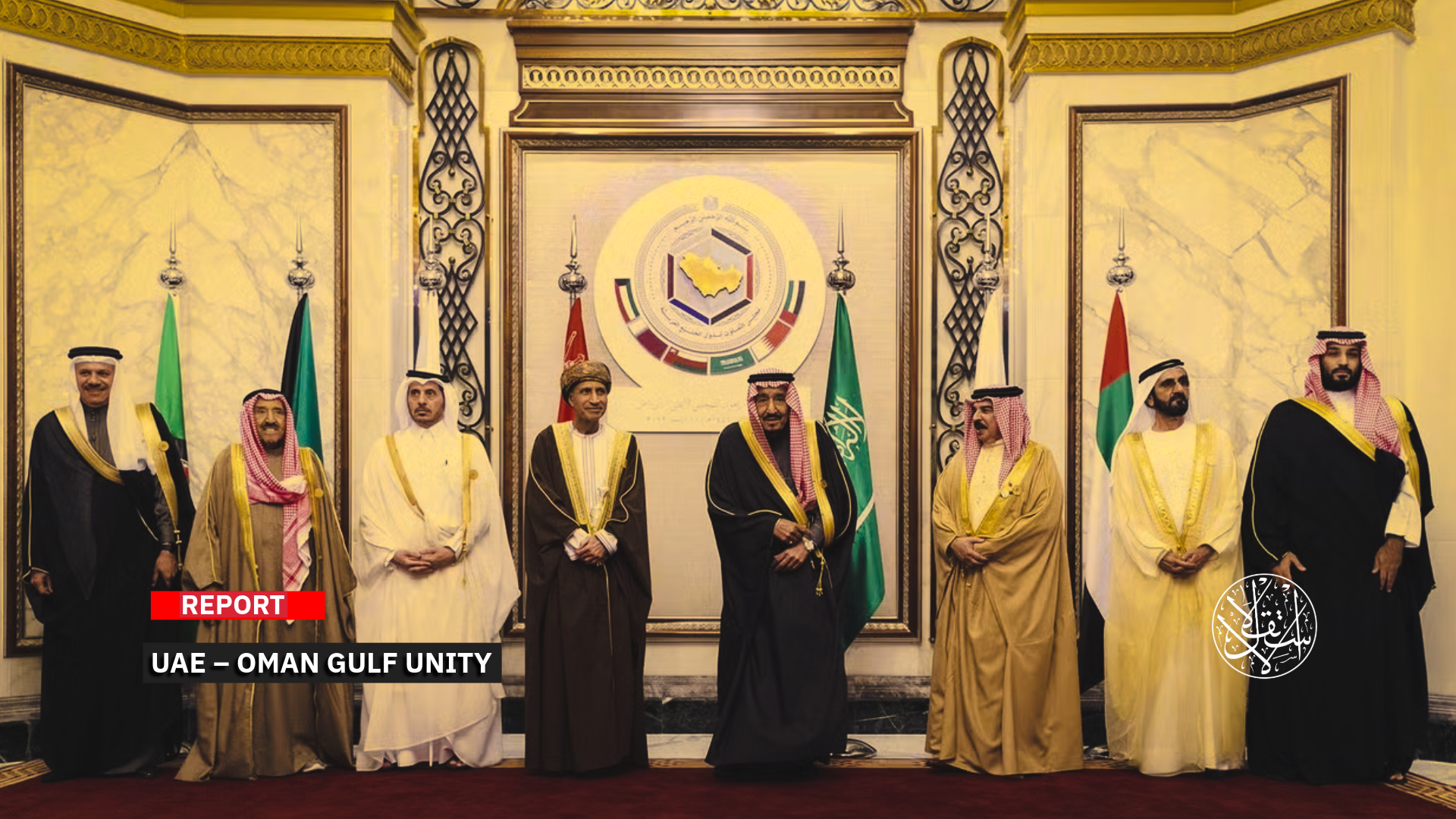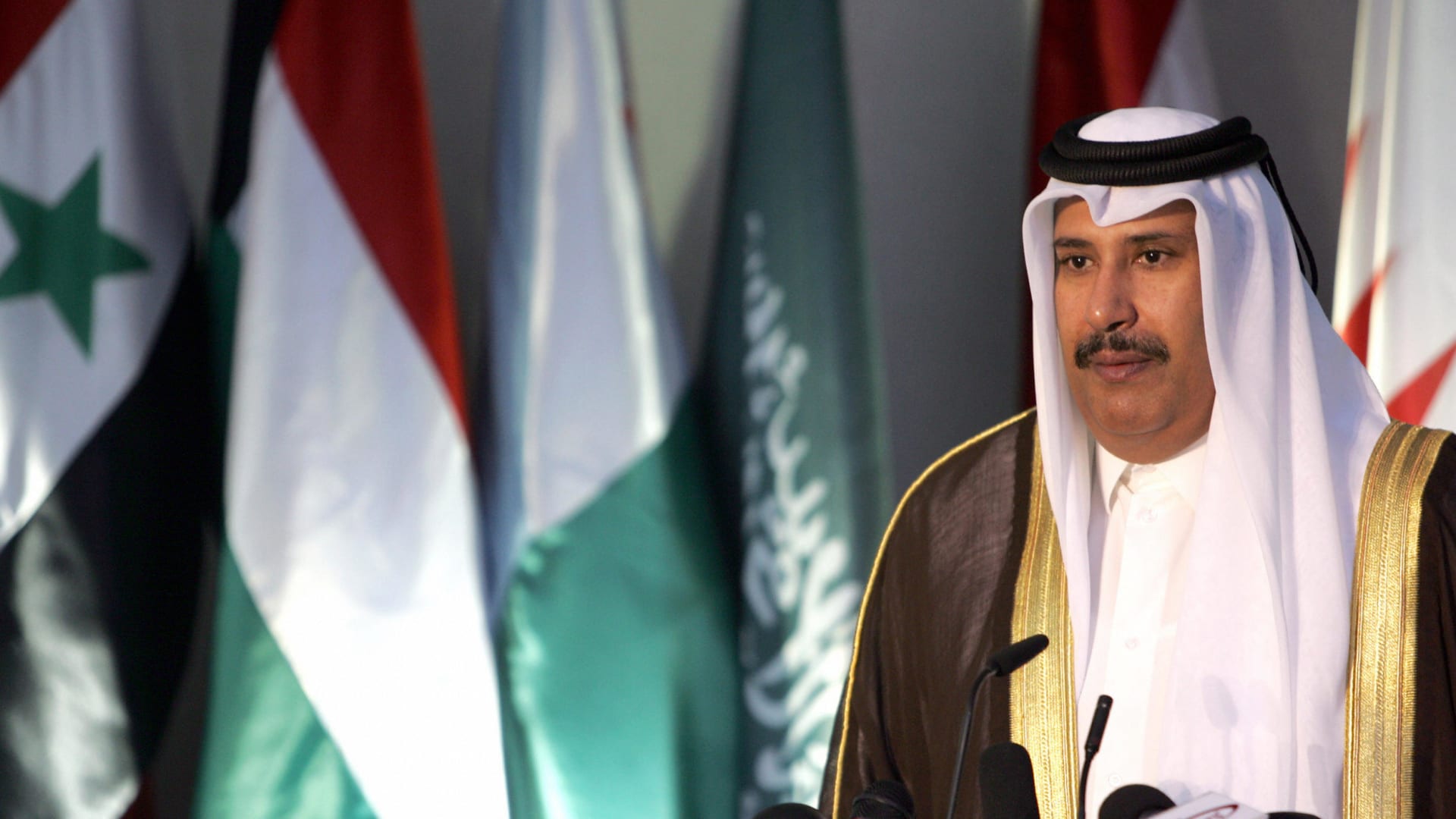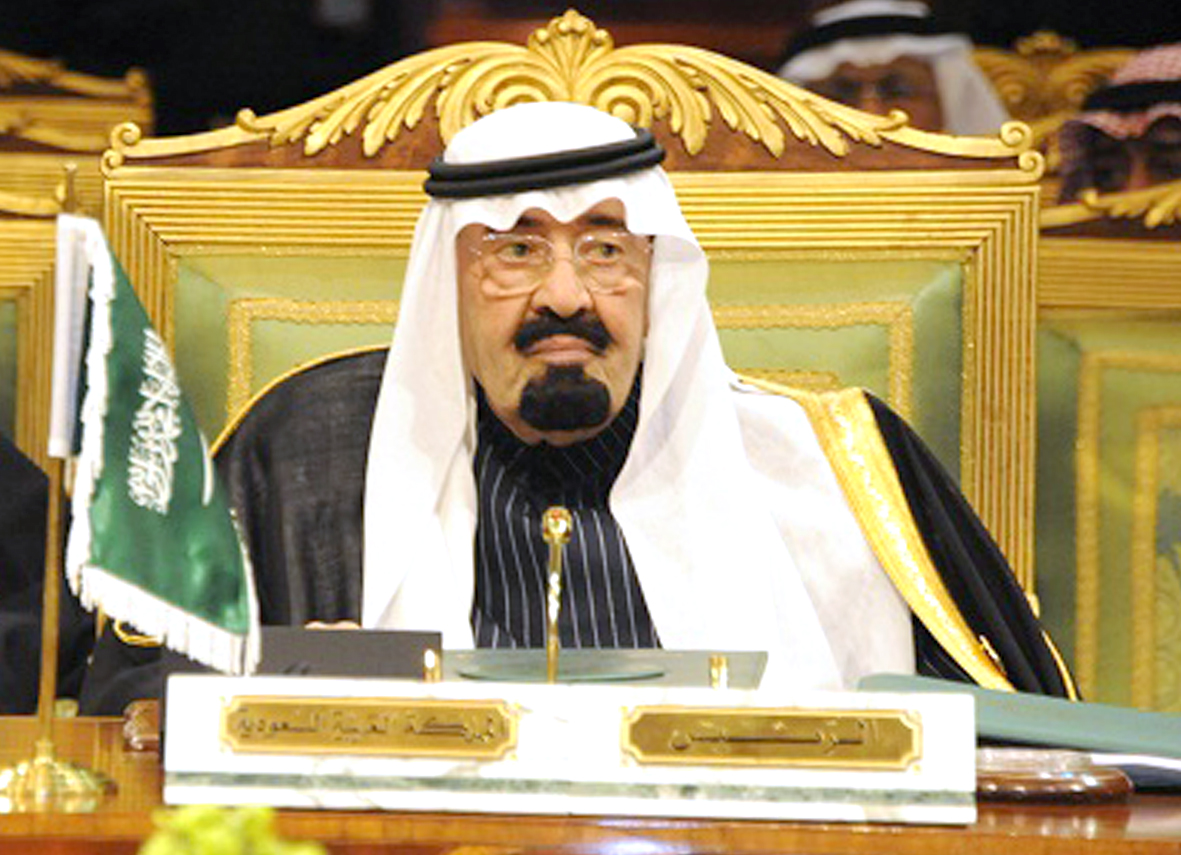Emirati Veto and Omani Reservations: What’s Holding Back the Gulf Cooperation Council’s Dream of a Gulf Union?

The former Qatari official confirmed that his call for union aims to prevent partition.
The long-dormant project to transform the Gulf states from a loose alliance into a formal union has once again resurfaced, driven by a cascade of seismic shifts in the region since the events of October 7, 2023.
Chief among them: the weakening of the Iranian axis and “Israel’s” renewed push to carve out a “new Middle East.”
Since the launch of Operation al-Aqsa Flood on that October morning, “Israel” has waged a relentless campaign against Lebanon’s Hezbollah, reportedly killing most of its top commanders — including, notably, its secretary-general, Hassan Nasrallah.
The fallout has extended further still, with the collapse of Bashar al-Assad’s regime in Syria on December 8, 2024, marking yet another turning point.
“Israel” also launched strikes on Yemen, targeting key infrastructure including Sana'a Airport and the port of Hodeidah, in response to Houthi missile attacks on Israeli territory.
The escalation culminated in a large-scale Israeli aggression on Iran, triggering a direct confrontation between the two sides that unfolded over a tense 12-day period beginning on June 13, 2025.

Partition Plans
This latest revival of the Gulf union proposal was floated by former Qatari Prime Minister Hamad bin Jassim, who issued a stark warning to the Gulf Cooperation Council states, urging them to heed the broader implications of the region’s shifting dynamics.
In a post shared on his account on X on July 11, 2025, bin Jassim cautioned that these developments are “aligned with everything that has recently unfolded in the region,” adding that they could unfold along several trajectories — including plans to partition states such as “our brotherly Syria,” or to impose conditions that would see the region pay a steep price for many years to come.
“The Gulf Cooperation Council states will be the first to bear the brunt of these consequences,” he said, and therefore must “reach a unified and clear vision” in response to the unfolding developments.
Bin Jassim also noted that such a union cannot endure under current conditions unless the rule of law — rather than the rule of force — governs the resolution of disputes among member states, including the interpretation of any articles within the founding charter.
“When the law is the ultimate arbiter,” he continued, “then a political union will emerge—one that guarantees the independence of Gulf decision-making and shields member states from interference in their internal affairs.”
The former Qatari official expressed his firm belief that the Gulf states are strong enough to realize such a vision, “provided there is genuine will and goodwill.”
If that were to happen, he added, it could mark the beginning of a strong and effective union—“one that I may not live to see, but which our children or grandchildren will witness in the future.”
“For that reason,” he added, “we must dedicate all our efforts to safeguarding this region, so that our children may inherit it in the best possible condition.”
Bin Jassim concluded by stating, “As we all know, there is strength in unity — but that strength requires a solid foundation. Sadly, such a foundation does not currently exist. I am not pointing fingers at any one party; the responsibility lies with all of us.”
Although Hamad bin Jassim holds no official position in the Qatari government at present, none of the Gulf Cooperation Council states have issued an official response to the proposal he put forward.
An Urgent Necessity
In response, a number of Gulf figures — some with close ties to their respective governments — weighed in on the former Qatari official’s proposal.
While many expressed support for the idea of a Gulf union, there was clear divergence over the principles upon which such a union should be built — particularly the emphasis by bin Jassim on the rule of law as its cornerstone.
Saudi journalist Dawood al-Shirian, known for his proximity to the Kingdom’s leadership, remarked that “the proposal, wrapped today in the language of law and justice, seems at this moment more like an attempt to cement one’s own anxieties rather than move beyond them — at a critical juncture when what’s truly needed is the strengthening of cohesion, not the formalization of suspicion.”
In his response, posted the same day on X, al-Shirian wrote, “No one in the Gulf is plotting to swallow up the other — but there are those so fearful of that prospect that it risks stalling the entire project.”
He went on to argue that a Gulf union is not some deferred dream, but an urgent necessity. “It cannot be built on legal frameworks alone,” he noted, “but on explicit trust — a trust that acknowledges the differences between states without fearing or inflating them.”
“Speaking of disparities in size is neither a call to restrain any party nor a gateway to domination. It is, rather, a realistic attempt to grasp the balance needed to build a shared project — one that assigns a role to every state, rather than being shaped by a constant anxiety over the role of one,” he added.
In contrast, Kuwaiti journalist Khalid al-Tarrah echoed Hamad bin Jassim’s call for reconsideration, observing that recent developments “demand a reassessment of the goals and political mechanisms of the Gulf Cooperation Council, without undermining each state’s right to safeguard its interests, or negating the interests, power, and influence of others.”
In a post on X, al-Tarrah argued that the GCC is in urgent need of “a thorough review conducted by a neutral team of politicians, experts, and academic authorities to develop new frameworks that align with today’s demands and future needs.”
Anwar al-Rasheed, Kuwaiti writer and head of the Gulf Forum for Civil Society Organizations, endorsed Hamad bin Jassim’s proposal, describing his tweet as “of profound historical significance for both the Gulf regimes and their peoples, in safeguarding their security and standing.”
The user behind the X account “General Mubarak al-Khayareen” responded to the former Qatari official’s proposal, describing it as carrying “deep meanings and indicators that touch upon the current situation in the region.” He called on the Gulf states to “agree on a unified and clear vision regarding these developments.”

Emirati Veto
On the prospects of such a union being declared, Middle East specialist and writer Imad Jubouri noted that “the late Saudi King Abdullah bin Abdul Aziz was the first to call for elevating the Gulf from mere cooperation to full union.”
Jubouri told Al-Estiklal newspaper that the former king’s proposal aimed to “rise to the level of confronting challenges,” though it faced reservations from Oman and the United Arab Emirates.
“Bin Jassim’s call to elevate Gulf cooperation to a full union — which undoubtedly serves the interests of the Gulf framework — is likely to face continued opposition from the United Arab Emirates, consistent with its previous stance.”
Jubouri dismissed the idea that Israeli intervention or Western pressure underpins any rejection of the union, noting that the Gulf states broadly align their foreign policies with the West in general, and the United States in particular, maintaining strategic friendships and alliances.
He also highlighted that “some of these countries, by virtue of their geographic size and population, are considered small powers, despite possessing mineral wealth and financial strength.”
He further suggested that some states do not regard others as equals within the Gulf framework, noting that the UAE pursues its own approach while Saudi Arabia sees itself as a regional power.
“The United Arab Emirates, in particular, will remain cautious about the union because it maintains an independent policy in the region.”
“It is the Arab country with the closest ties to Israel, which is not in the interest of Gulf states that view such openness towards the Zionist entity as potentially costly,” he added.
Jubouri also believes that “some smaller Gulf states oppose transforming cooperation into a union because the balance of power would tilt towards Saudi Arabia, which is regionally qualified by virtue of its geographic position, population size, and its economic and military strength.”
Despite ongoing Gulf cooperation—ranging from rail and transport integration to moves towards a unified currency and numerous other projects—bin Jassim’s call underscores that these states have yet to reach the point of full union.
According to Jubouri, “reviving this idea and putting it into practice undoubtedly serves the interests of the bloc and resonates across the Arab world, particularly in the realm of national security.”
Since the establishment of the Gulf Cooperation Council (GCC) — comprising six Gulf states: Saudi Arabia, Qatar, the United Arab Emirates, Oman, Kuwait, and Bahrain — on May 25, 1981, the concept of a union has been presented as the ultimate goal for integration among these countries.
At the GCC summit held in Riyadh in 2011, the late king Abdullah bin Abdulaziz Alsaud proposed an initiative aimed at transforming the Council into a Gulf Union.
The initiative aligns with Article Four of the Gulf Cooperation Council’s charter, which mandates “achieving coordination, integration, and interconnection among member states in all fields, ultimately leading to their unity.”
However, in 2013, ahead of a GCC summit, Oman declared its refusal to remain a member should the council be transformed into a union, according to Yusuf bin Alawi, the Sultanate’s former foreign minister.
At the time, Ibn Alawi told al-Hayat that cohesion among the Gulf states had not yet reached a level that would permit the transformation of the Gulf Cooperation Council into a “union,” as some member states aspired to.
He pointed out that the council’s charter, which in Article Four aims for unity, was drafted during the era of Arab nationalism—a period he described as “no longer feasible.”
Accordingly, Oman preferred to postpone such ambitions “to future generations.”
Sources
- Warning Message from Hamad bin Jassim: Syria and Gulf States Face Major Security Challenges [Arabic]
- Hamad bin Jassim’s Tweet on “Partitioning Syria and the Fate of Gulf States” Sparks Speculation on Social Media [Arabic]
- The Gulf Union Project: What Are Its Factors and Conditions? [Arabic]
- Sheikh Hamad bin Jassim Warns: “Schemes to Partition Syria” and Serious Consequences Threatening the Gulf [Arabic]











